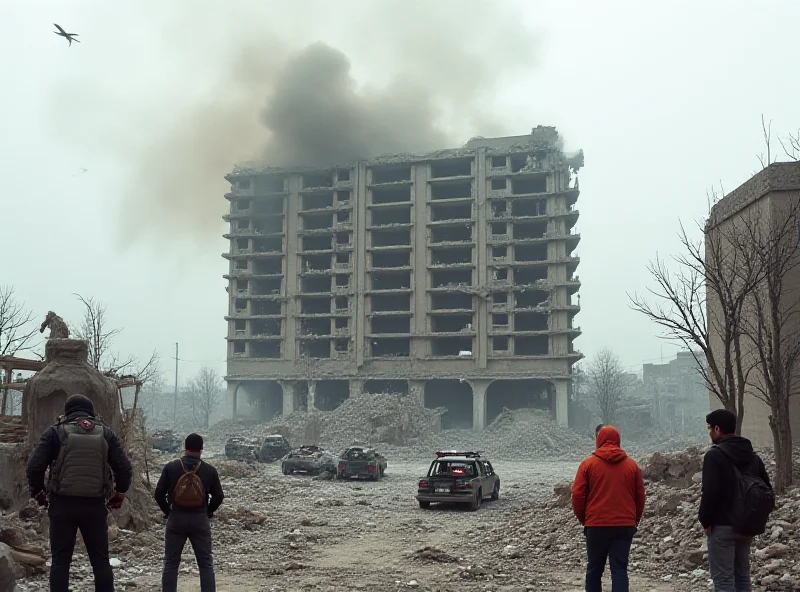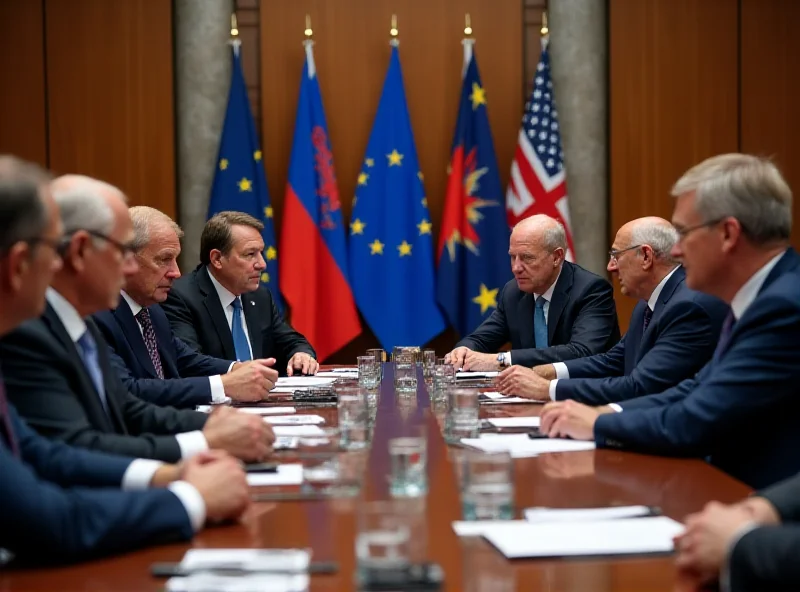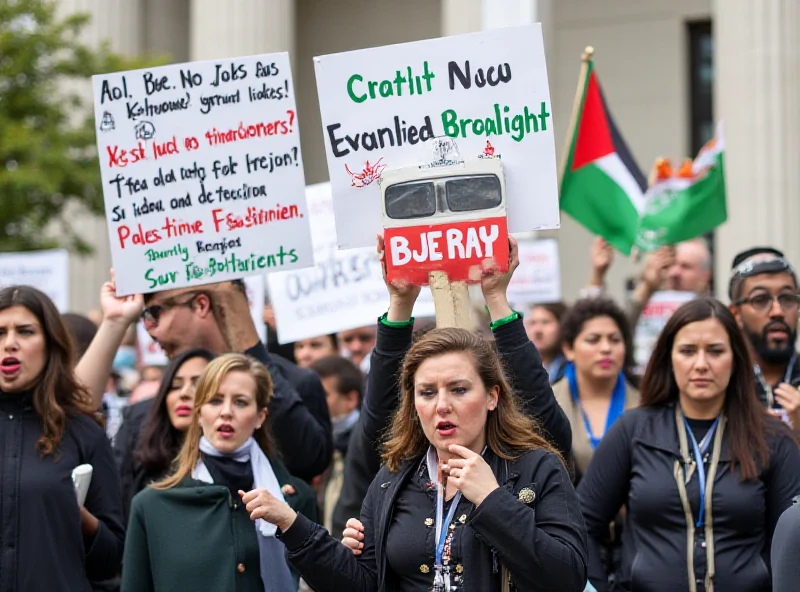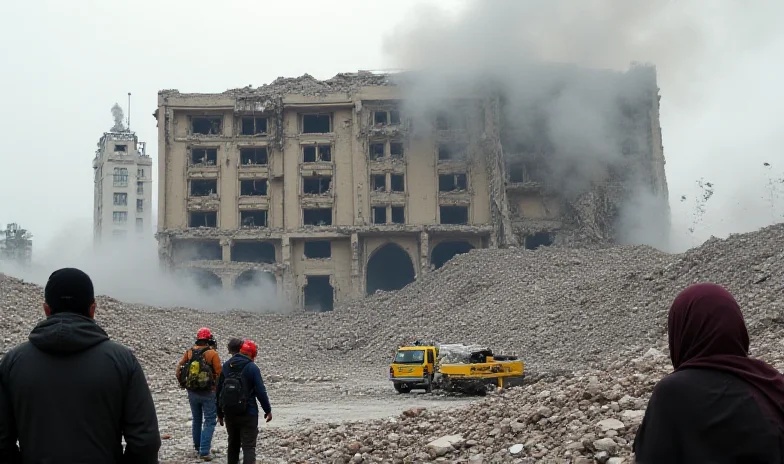The world stage is witnessing a series of escalating tensions, from the ongoing conflict in Ukraine to political controversies in the United States. This article delves into key developments, examining the challenges faced by Ukraine, Europe's strategic response, and political friction in New York.
Ukraine Under Fire: A Dire Situation
A recent missile strike in President Zelensky's hometown has tragically resulted in at least four deaths. This devastating event underscores the vulnerability of Ukraine and raises serious concerns about the effectiveness of its air defenses. The situation is further compounded by the United States' recent decision to suspend military and intelligence aid, leaving Ukraine in a precarious position.

The suspension of aid has sparked widespread anxiety about Ukraine's ability to defend itself against further attacks. Without crucial support, the nation's air defenses are severely compromised, potentially leading to more casualties and destruction. The international community is closely watching as Ukraine navigates this increasingly challenging landscape.
"The situation in Ukraine is critical, and the international community must act decisively to provide the necessary support," stated a European diplomat familiar with the matter.
Europe Prepares for a Trump-Era Scenario
In response to the evolving geopolitical landscape, European leaders are convening in Brussels to formulate a comprehensive strategy for supporting Ukraine and strengthening their own defense capabilities. This initiative is reminiscent of the Trump era, during which Europe faced pressure to increase its defense spending and take greater responsibility for its security.
The discussions in Brussels center on bolstering European defense capabilities to ensure the continent can effectively address emerging threats. This includes investing in military resources, enhancing intelligence sharing, and fostering closer cooperation among member states. The goal is to create a more resilient and self-reliant Europe capable of safeguarding its interests and supporting its allies.

Political Turmoil in New York
Meanwhile, in New York, Governor Kathy Hochul is facing scrutiny on multiple fronts. A state Republican lawmaker has criticized Hochul's decision to deploy untrained New York National Guardsmen to prison duty following a correction officers' "wildcat strike." The lawmaker argues that this deployment puts the guardsmen at risk, highlighting concerns about their safety and preparedness.
Adding to the political turmoil, Governor Hochul's administration recently removed a job posting for "Palestinian Studies" after Jewish watchdog groups protested, citing concerns related to antisemitism. This decision has ignited controversy, with critics arguing that it infringes on academic freedom and stifles open discourse. The incident underscores the delicate balance between addressing concerns about antisemitism and upholding principles of free expression.

These events in New York reflect a broader trend of heightened political polarization and sensitivity surrounding issues related to identity and social justice. As the state navigates these challenges, it will be crucial to foster dialogue, promote understanding, and uphold the principles of fairness and inclusivity.
In conclusion, from the battlefields of Ukraine to the political arenas of Europe and New York, global tensions are on the rise. These developments underscore the interconnectedness of our world and the importance of addressing challenges with diplomacy, resolve, and a commitment to shared values.
